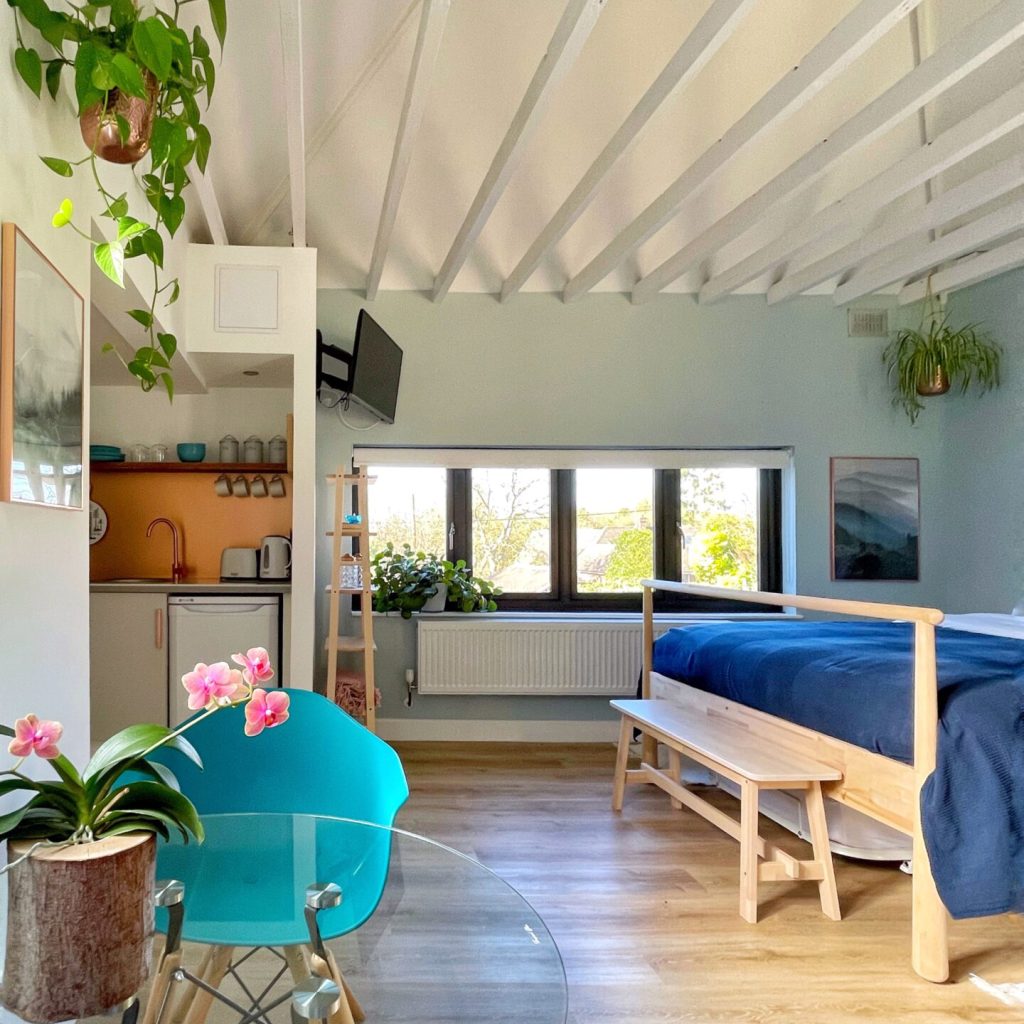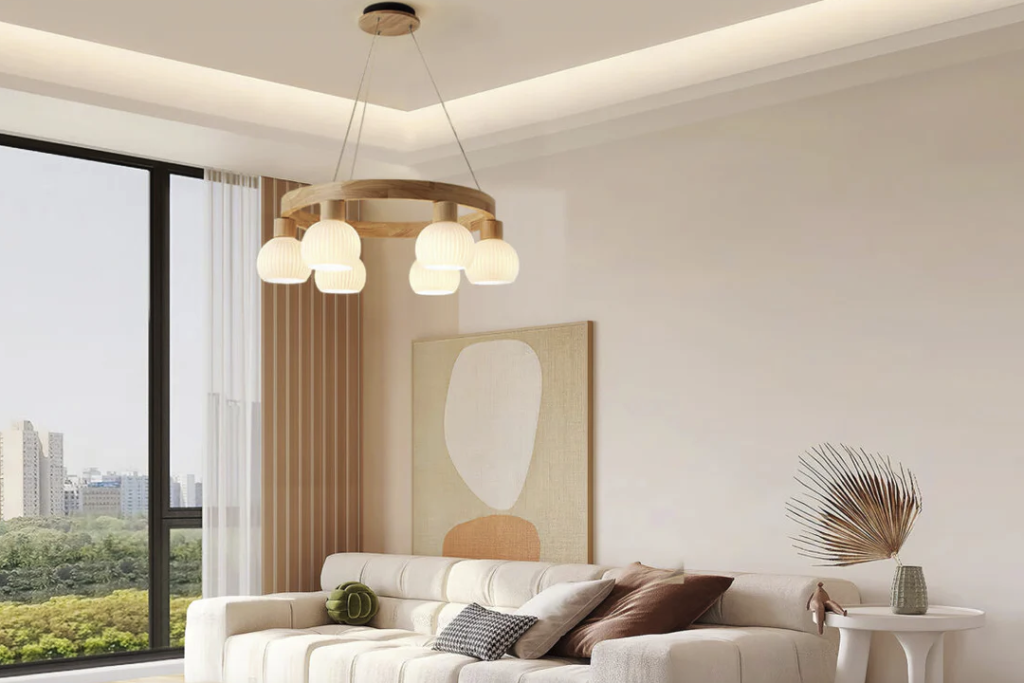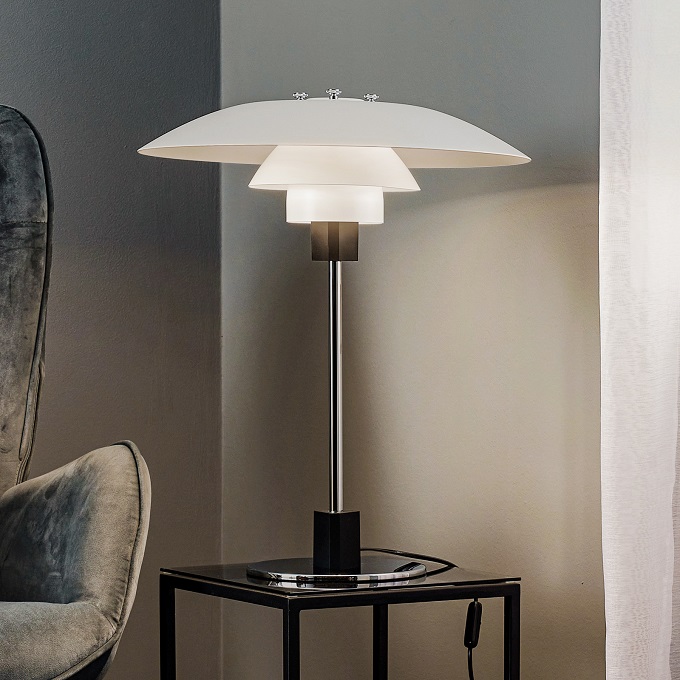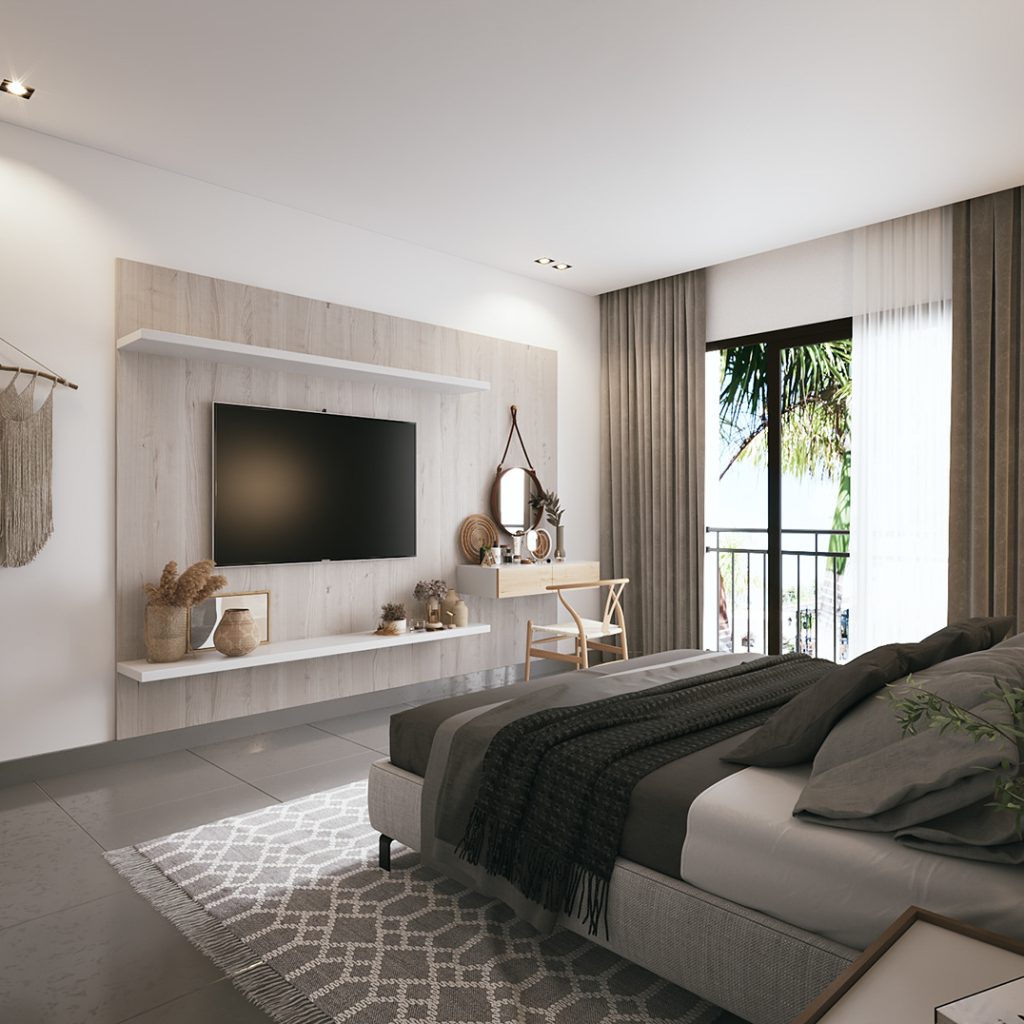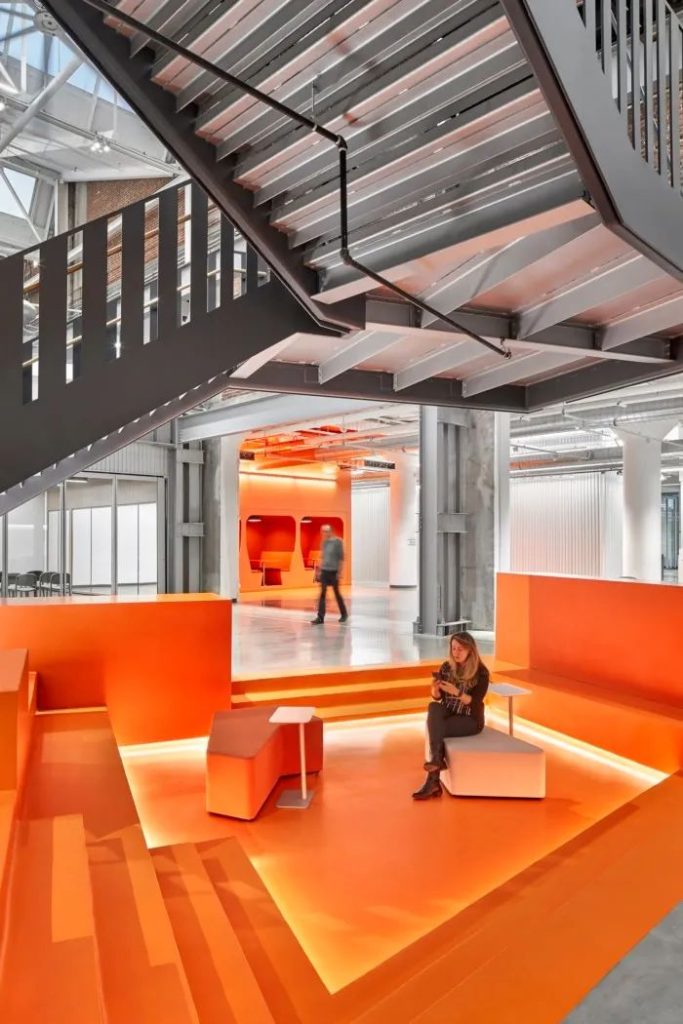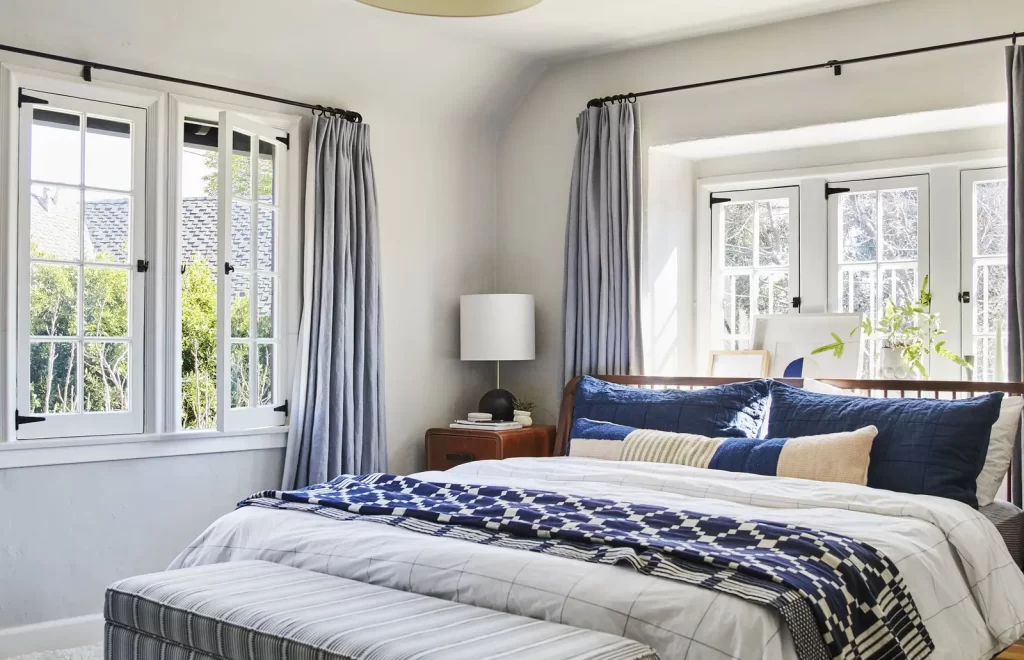Blue light, a high-energy visible (HEV) light that ranges from 380 to 500 nanometers, is emitted by electronic devices, such as smartphones, computers, and televisions. Many studies have shown the potential harm that blue light can have on our health, including disrupted sleep patterns, eye strain, and even increased risk of obesity and cancer.
However, blue light has also been found to improve cognitive performance and alertness among individuals. With conflicting studies, it is important to understand the role of blue light in our daily lives and whether it should be considered a foe or ally.
The Negative Effects of Blue Light
Studies have found that blue light exposure can disrupt our circadian rhythms, which regulate our sleep/wake cycles. Blue light suppresses melatonin, a hormone that helps us fall and stay asleep. This can lead to difficulty falling asleep and feeling fatigued during the day. Over time, this can lead to chronic sleep deprivation, which has been linked to an increased risk of various health problems.
Additionally, blue light can cause eye strain, which can lead to headaches, dry eyes, and blurred vision. Prolonged exposure to blue light can even cause retinal damage, leading to macular degeneration and blindness.
Furthermore, researchers have found that blue light exposure at night can lead to an increased risk of obesity and cancer. This is because blue light disrupts our metabolism and suppresses the secretion of the hormone leptin, which regulates appetite and energy expenditure.
The Positive Effects of Blue Light
Despite the negative effects, blue light has also been found to have positive effects. Research has shown that exposure to blue light can improve cognitive performance, alertness, and mood among individuals. This is because blue light stimulates the brain to release dopamine, a neurotransmitter that is responsible for motivation, pleasure, and attention.
In fact, blue light therapy has been used to treat seasonal affective disorder (SAD), a type of depression that is caused by a lack of sunlight during the winter months. Blue light therapy involves sitting in front of a bright blue light for a certain amount of time each day, which can improve mood and energy levels.
How to Protect Yourself from Blue Light
To protect yourself from the negative effects of blue light, there are several strategies that you can implement:
- Reduce screen time: Limit your exposure to electronic devices, especially before bedtime.
- Use blue light filters: Many devices, such as smartphones and computers, have built-in blue light filters that can be turned on to reduce blue light emissions. Alternatively, you can purchase blue light blocking glasses to wear while using electronic devices.
- Optimize your sleep environment: Make sure your bedroom is completely dark and cool to promote optimal sleep.
- Take breaks: If you need to use electronic devices for prolonged periods of time, be sure to take frequent breaks and look away from the screen.
- Get outside: Exposure to natural sunlight can help regulate your circadian rhythms and reduce your exposure to blue light at night.
Overall, blue light can be both a foe and an ally. While it does have negative effects on our health, there are also circumstances in which exposure to blue light can be beneficial. It is important to understand the role of blue light in our daily lives and take appropriate steps to protect ourselves from its harmful effects while still reaping the benefits.



